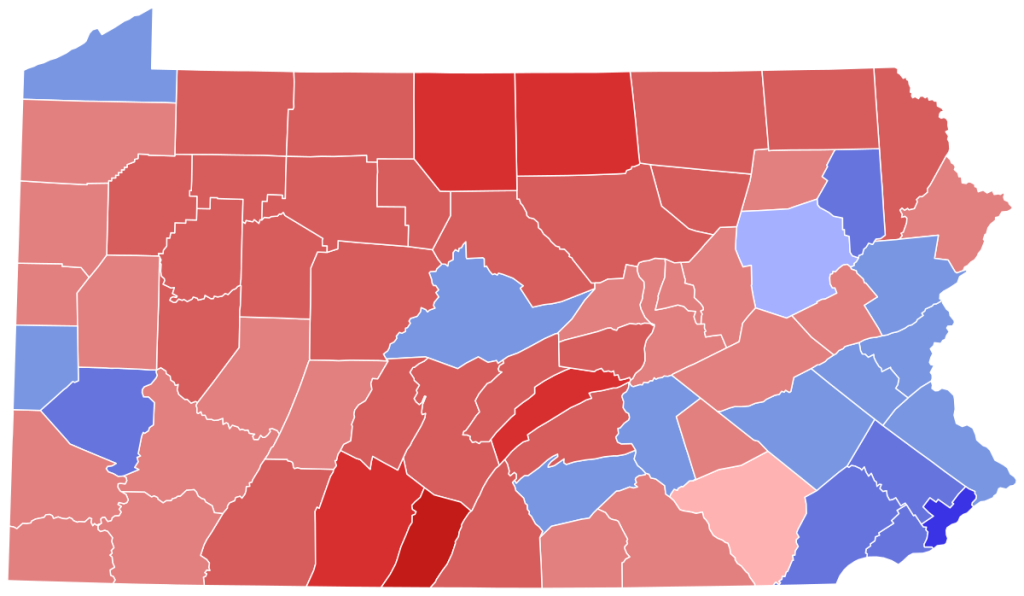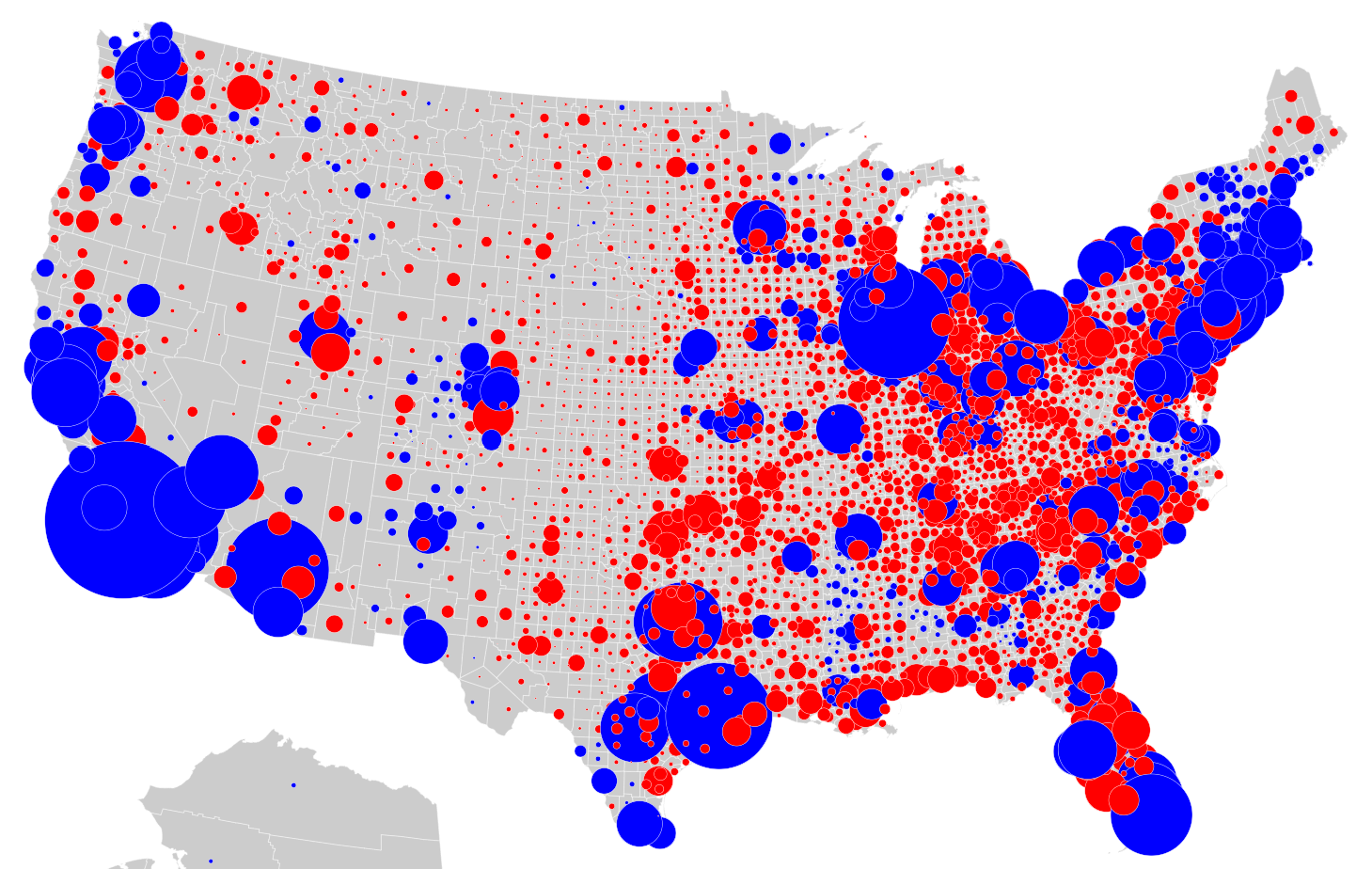Community psychology is a field that often doesn’t make headlines in the same way as clinical or organizational psychology. Still, it is equally crucial in building and maintaining communities’ mental and social well-being. With its commitment to social justice, empowerment, and participatory research, community psychology seeks to understand and support communities in their journey toward well-being. But what does this look like in practice, especially when political climates differ drastically from one community to another?
Understanding Community Psychology
Community psychology seeks to understand individuals within their social worlds and the systems in which they reside. It focuses on the broader environment and how societal issues such as inequality, discrimination, and access to resources impact individuals and communities.
Activities of Community Psychologists:
- Community Research: Community psychologists often engage in research that aims to understand a particular community’s dynamics, strengths, and challenges.
- Intervention Design and Implementation: Based on their research, these professionals design and implement interventions that support communities in tackling their challenges.
- Consultation and Collaboration: They often act as consultants to other professionals or community groups, offering their expertise on various societal issues.
- Advocacy: Community psychologists also play a role in advocating for social justice and changes in policies that adversely affect communities.
The Challenge of Diverse Political Climates
Community psychologists frequently navigate the complex terrain of diverse political climates during their work. Each community has its unique political inclinations, which can significantly impact the acceptance and implementation of initiatives proposed by community psychologists.
A notable example is the town hall workshop the user and Brittany Cook facilitated at the SCRA conference about four years ago. Despite the session being well-attended – indicating interest and potential engagement – there was a significant challenge in arriving at a consensus or promoting in-depth discussion. This situation underscores the complex dynamic of meshing community psychology with varying political perspectives.
Engaging with Conservative vs. Liberal Communities: A Deeper Dive

Understanding the nuances between conservative and liberal communities is paramount for community psychologists, especially when tailoring interventions. Each community carries its rich tapestry of values, histories, and aspirations. The challenge for a community psychologist is to navigate these landscapes sensitively, ensuring that the initiatives taken are effective and respected.
Conservative Communities
Value Proposition:
- Family Values: Conservative communities often hold the family unit as sacred. It’s the foundational building block upon which society functions. Emphasizing programs or interventions that strengthen or support families can resonate deeply within these communities.
- Tradition: Historical practices, rituals, and cultural norms are revered. A sense of pride and identity is associated with tradition, and it offers a roadmap for how life should be led.
- Personal Responsibility: Independence and self-sufficiency are highly valued. There’s a belief in pulling oneself up by the bootstraps, working hard, and taking responsibility for one’s actions.
Engagement Strategy:
- Shared Values: Understanding the community’s values before diving into any initiative. Highlight the commonalities between the intervention’s goals and the community’s values.
- Honor Tradition: While introducing any change, frame it in a way that doesn’t seem like an assault on traditional values but rather as a complement. For instance, a new program for youth empowerment can be linked to traditional rites of passage or mentorship.
- Collaborative Decision-making: Give the community a seat at the table. This ensures the interventions are culturally sensitive, builds a sense of ownership, and reduces resistance and reluctance to change (a topic we often address when discussing readiness).
Liberal Communities
Value Proposition:
- Inclusivity: Liberal communities prioritize the inclusion of all, irrespective of race, gender, sexual orientation, or socioeconomic status. They are open to diverse perspectives and believe in equal opportunities for everyone.
- Diversity: This is not just acknowledged but celebrated. Blending various cultures, thoughts, and practices is seen as a strength that enriches the community.
- Progressive Change: There’s a strong inclination towards forward-thinking, innovation, and continuous evolution. Stagnation or holding onto outdated norms is often viewed critically.
Engagement Strategy:
- Broadening Perspectives: Introduce programs that leverage the community’s openness to diverse thoughts. Encourage cross-cultural dialogues, exchange programs, or collaborative projects that merge different perspectives.
- Inclusivity Workshops: Given their inclination towards inclusivity, workshops that delve deeper into unconscious bias, systemic oppression, or cultural sensitivity can be effective.
- Participatory Research: Engage the community directly in the research process. This could involve community surveys, focus groups, or co-designing interventions. Their inherent belief in collaboration and collective decision-making will ensure a more responsive and customized intervention.
The key in both types of communities lies in genuine respect and understanding. It’s about meeting people where they are, acknowledging their truths, and collaboratively charting a path forward. When interventions are crafted with such sensitivity, they cease to be external impositions and transform into organic, community-driven initiatives.
Crafting the Message
When working with communities with differing political climates, the key is not to change the core values of community psychology but to tailor the message to resonate with the particular audience. Here are some strategies:
- Listen First: Before implementing any strategy, take the time to genuinely listen and understand the community’s concerns, values, and challenges.
- Find Common Ground: Whether conservative or liberal, every community has concerns about the well-being of its members. Find those shared concerns and build upon them.
- Collaborative Approach: Make the community an active partner in the decision-making process. This builds trust and ensures that interventions are culturally and politically sensitive.
- Continuous Feedback: Ensure that there’s a feedback mechanism in place. This not only helps in refining interventions but also in understanding the community better.
Conclusion: The Transformative Power of Community Psychology
Community psychology is more than just interventions and research; it focuses on the needs and challenges of diverse communities. Given the different political climates in our increasingly polarized societies, community psychologists play a vital role in understanding and connecting these divides.
The techniques and interventions might differ, but the primary goal is to promote understanding and overall well-being. Recognizing the distinct political climates of both conservative and liberal communities is essential. Community psychologists adjust their strategies and emphasize the importance of every individual’s perspective.
By customizing their methods to fit specific community values and needs, community psychologists ensure that their interventions are impactful and sustainable. This tailored approach helps communities see these changes as genuine improvements rather than external directives.
In a world that’s constantly evolving, community psychology provides guidance. It aims to unite communities around common goals regardless of their political climates. This collaborative effort leads to healthier, united communities.

